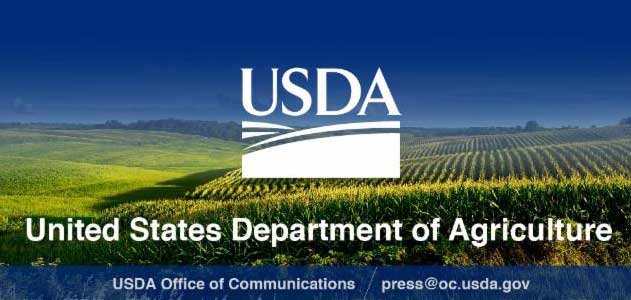SAN FRANCISCO – Yesterday, at an event in Lowndes County, Alabama, where a significant number of residents lack access to wastewater infrastructure, the U.S. Environmental Protection Agency (EPA) and U.S. Department of Agriculture (USDA) announced the Closing America’s Wastewater Access Gap Community Initiative. The new initiative will be piloted in partnership with the San Carlos Apache Tribe and ten additional communities across the country where residents lack basic wastewater management that is essential to protecting their health and the environment. EPA, USDA, the states of Alabama, Kentucky, Mississippi, New Mexico, North Carolina, and West Virginia, and Tribes will jointly leverage technical assistance resources to help historically underserved communities identify and pursue federal funding opportunities – including from President Biden’s Bipartisan Infrastructure Law – to address their wastewater needs and eliminate harmful exposure to backyard sewage.
“I want to acknowledge the San Carlos Apache Tribe’s leadership in highlighting – and working with us to address — basic sanitation disparities in their community,” said EPA Pacific Southwest Regional Administrator Martha Guzman. “We are excited about this opportunity to strengthen EPA’s partnership with the Tribe and make progress towards tackling their wastewater infrastructure needs.”
“Wastewater produced on the San Carlos Apache Reservation is currently managed through septic systems and, in the more populated communities near San Carlos, a centralized lagoon disposal facility. The systems are outdated and threaten the health and safety of the Tribal community and groundwater that supplies the community with drinking water. The San Carlos Apache Tribe strongly supports the EPA Pilot Program as a positive step toward providing modern wastewater facilities to the Tribal community to improve health, welfare, and quality of life,” said Tribal Chairman Terry Rambler.
Portions of the San Carlos Apache Reservation use individual septic systems for wastewater disposal. The Tribal environmental office recently surveyed septic systems and identified concerns with failing systems. Participation in the pilot includes plans to conduct a community assessment and develop options and recommendations to improve the decentralized wastewater infrastructure serving these communities.
The Closing America’s Wastewater Access Gap Community Initiative will allow EPA and USDA—in close collaboration with these communities announced today, our state and Tribal partners, and on-the-ground technical assistance providers—to leverage technical and financial expertise to make progress on addressing the wastewater infrastructure needs of some of America’s most underserved communities. Each community or Tribe will receive direct support to develop wastewater assessments with technical engineering support, design wastewater community solution plans, identify and pursue funding opportunities, and build long term capacity. States, Tribes, and water agencies have committed to working with the EPA and USDA to support these communities.









